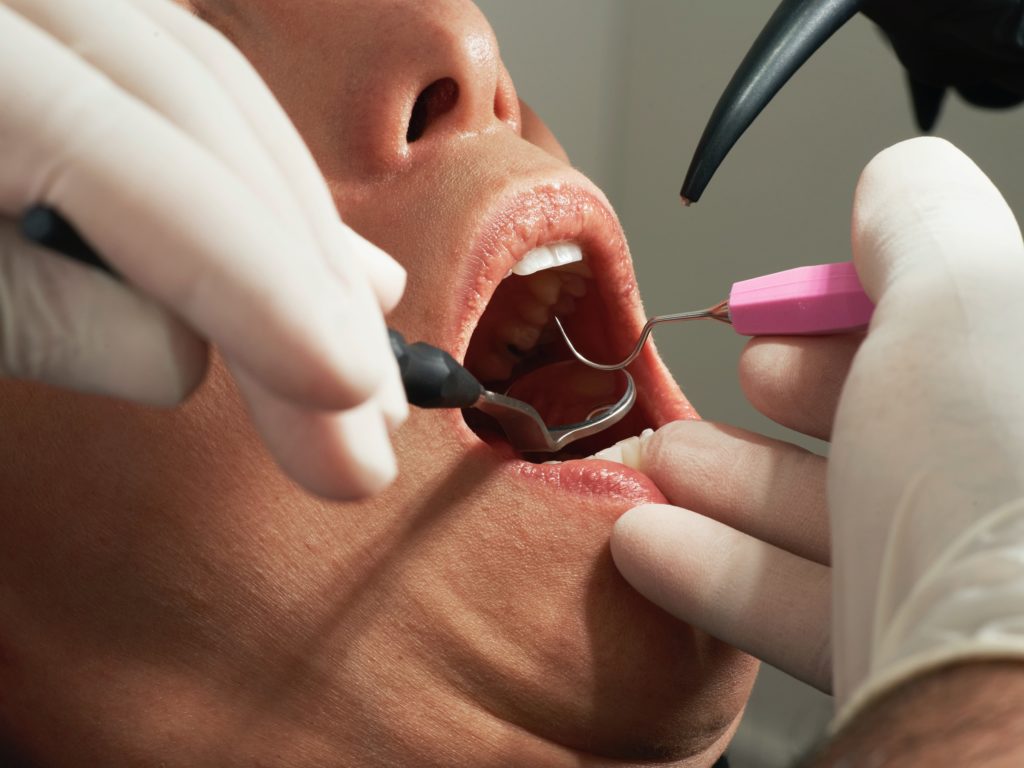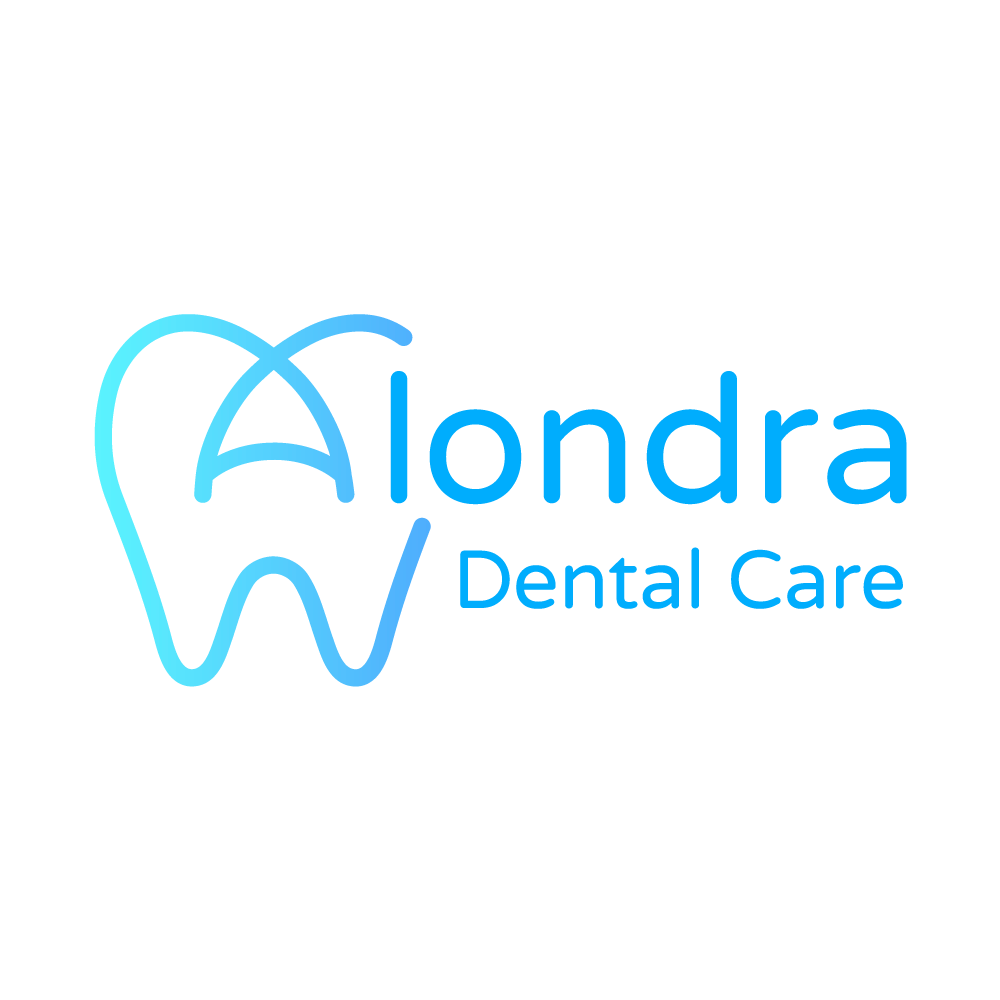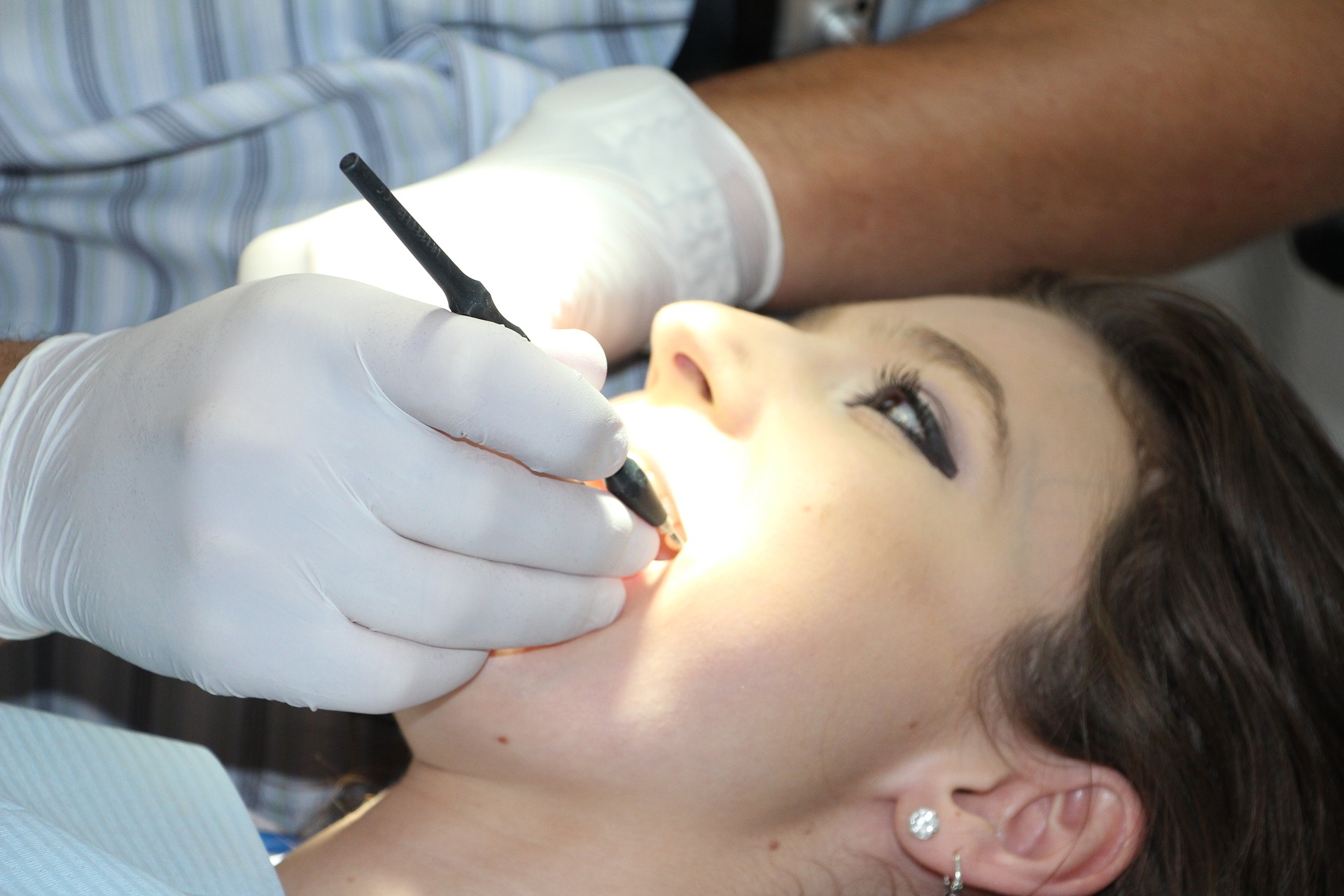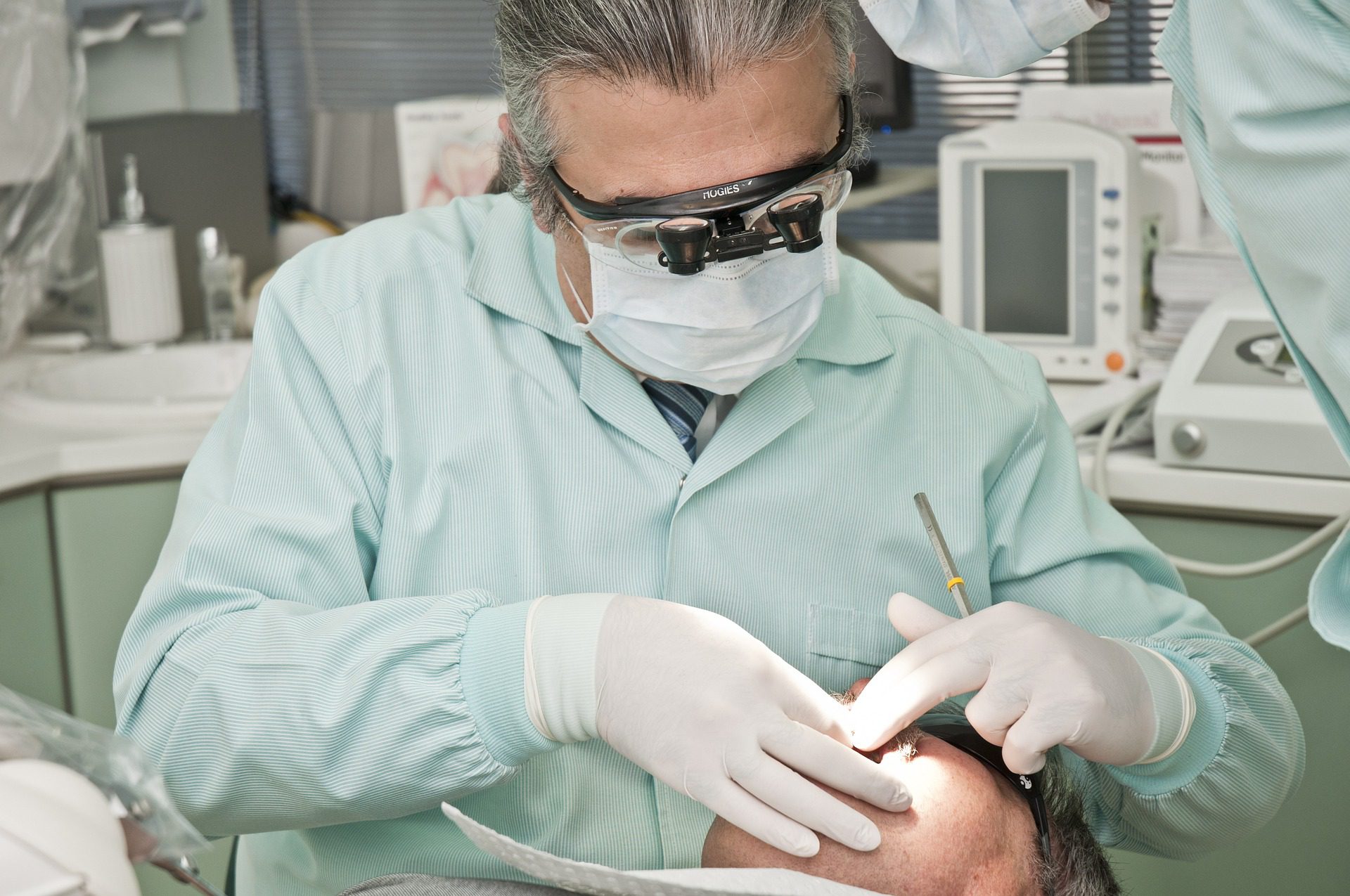You admittedly have a sweet tooth that you like satiating now and then. But in between those moments of indulging in candies or cakes, you may wonder if you have developed a cavity. And if so, how can you tell that a cavity has formed?
Cavities remain a common dental health problem for both children and adults. If you understand cavity symptoms, you can spot this problem and treat it early with the help of your dentist. Otherwise, your cavity could spread, causing additional infections or damage.
Here is a rundown on the top cavity symptoms to be on the lookout for in between your routine dental appointments.
Cavity Symptoms Include an Achy Tooth
One of the biggest symptoms of a cavity is an aching tooth. You may feel pain upon biting or chewing, or in some cases, your tooth might hurt all day long. If your tooth decay ends up spreading and becoming more significant, you could easily feel your tooth throb every single day.
If flossing and brushing the area cure the issue, then the problem was likely plaque or food that was stuck between your teeth. However, if your tooth pain doesn’t subside, you likely have a cavity.

Tooth Color Change
The top cavity symptoms also include a change in your tooth color from white to gray or black. This points to decay and perhaps even a major infection. In this situation, you should visit your dentist right away.
Sensitivity in Your Tooth
Signs that you have a cavity additionally include tooth sensitivity. For instance, you might feel pain in your tooth when you consume foods or drinks that are too hot or too cold. You might also notice pain and discomfort when you eat something crunchy or a sweet item, like a dessert if you are suffering from a cavity.
A Sticky Sensation
Yet another indicator of a cavity is a sticky feeling on your tooth. That’s because when decay is present on a tooth, the affected part of your tooth will become sticky and soft. If your teeth feel like they stick together when you bite down, decay could be your problem.

Bad Breath
Perhaps you notice that your breath has been persistently bad lately, even after flossing and brushing. This may be a sign of a cavity as well, as dental decay can impact your mouth’s odor. However, dental infections and dry mouth can also contribute to mouth odor. A dentist can tell you if your bad breath problem is the result of an infection, dry mouth, or a cavity.
How We Can Help at Alondra Dental Care
At Alondra Dental Care, we take pride in delivering exceptional service by genuinely listening to our patients and helping them to maximize their health through our complete range of treatments. Our treatments range from dental fillings to inlays, onlays, dental bonding, teeth whitening, and even porcelain veneers.
Contact us to set up an appointment for your next exam, cleaning, or treatment today!




